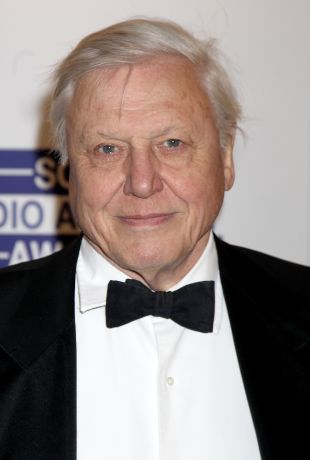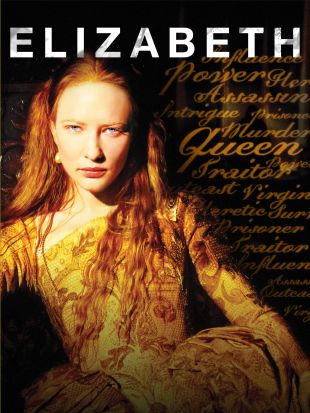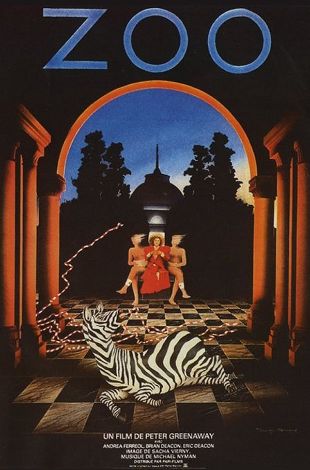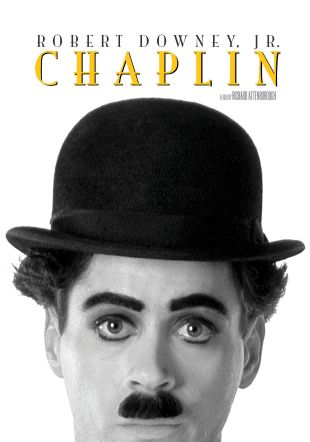As the preeminent godfather of the contemporary television nature documentary, who not only carved out an audience niche for such programs but laid down the basic structural framework for much of the current science material on The Discovery Channel, The Learning Channel, and PBS, Sir David Attenborough has built much of his career around the conviction that the natural world is a beautiful and complex place, and the admonition that humankind is in danger of being severed from its natural environs by technology and civilization. Attenborough perceives it as his role to reunite the two spheres via filmmaking, and spent the preponderance of his life doing so -- with limitless success.
Born May 8, 1926, in Isleworth, England -- as the son of the head of University College in Leicester; the younger brother of soon-to-be stage and cinema actor, film director, and film producer Lord Richard Attenborough; and the older brother of John Attenborough (read: middle child) -- David Attenborough first cultivated his fascination with nature as a young man via reptile and bird-watching trips to the local marshes and fields. Attenborough won an open scholarship to the coveted natural science tripos at Cambridge, then attended Clare College as a young man, and after graduation signed on to work full time for a publisher of educational materials. In the early '50s, he completed a training program at the then-fledgling BBC television network, where he worked his way, over the course of a decade, up through positions as writer, editor, director, producer, and ultimately controller of BBC-2 in the early '60s. From the beginning, Attenborough had to forge his own path. Nature programs were virtually nonexistent, so that in his early years, the young tyro came closest to his true passion with contributions to the BBC quiz show Animal, Vegetable, Mineral (1952-1953), not exactly anyone's idea of a groundbreaking nature documentary. More pointedly, Attenborough later became involved with Zoo Quest -- a program that carried Attenborough and his crew to exotic reaches of the world and watched, cameras rolling, as London Zoo personnel collected species for that institution. One of Attenborough's running complaints in the early years of British television centered around the studio format for presenting animals -- wherein exotic specimens were dragged out in front of studio lights on talk programs (much as Johnny Carson would do later in his career), presumably after being tossed into a sack or a crate "in the middle of the night." Noting the animals' tendencies to behave oddly in this unfamiliar environment, Attenborough championed new cinematographic technologies that enabled nature documentarians to film animals, unobtrusively, in their natural habitats -- a current that became increasingly widespread and commonplace as the years passed.
Attenborough served as a narrator on innumerable BBC multipart documentaries during the 1950s, '60s, and '70s, including but not limited to: Song Hunter (1953), People of Paradise (1960), Travelers' Tales (1960), Adventure (1962-1966), Natural Break (1973), Explorers (1975), and Wildlife on One (1977-1979). As a production executive, he commissioned BBC series programs ranging from the legendary Kenneth Clark's epic 11-hour miniseries Civilisation to Monty Python's Flying Circus (1969-1974). Civilisation marked a watershed moment for Attenborough -- a source of limitless inspiration for him, where he came face to face, for the first time, with the potential inherent in televised documentary scripting. Clark's program, in fact, served as the primary structural and conceptual influence for Attenborough's three greatest contributions to filmed documentary work: the epic multi-part series Life on Earth (1979); its sequel, The Living Planet (1984); and The Trials of Life (1990). Each of these endeavors demanded years of preparation; in the preproduction stage, Attenborough would pen his outlines in longhand; the subjects of the series were wickedly ambitious and massive in their scope. They carried Attenborough (as narrator and host) and his crew to far reaches of the world -- often to multiple continents in the same page -- and required literally dozens of cinematographers -- which suggests the massive budget required for each of the productions. Commentators reportedly scoffed at these endeavors early on, because of their scope and naked, raw ambition, but the towering success of each (which drew tens of millions of viewers, attained vast popularity as exports, and scored in ancillary markets) silenced everyone. As for subjects: Life on Earth explores the evolution of various species in the animal kingdom into life as we know it; The Living Planet examines all of the major variations in the topography of the earth, from freshwater lakes to volcanic terrain to jungle to desert to polar regions; and The Trials of Life charts the behavior of different animal species. The three efforts are now considered among the most astonishing television documentaries ever produced. Attenborough has also authored a prolific number of nature books, including The Private Life of Plants, Life in the Undergrowth, The Life of Birds, and a 2002 autobiography, Life on Air: Memoirs of a Broadcaster. He continues to script and host documentary programs, well into his ninth decade. Attenborough was married to Jane Oriel for 47 years, from 1950 until her death in 1997. They have two children.



